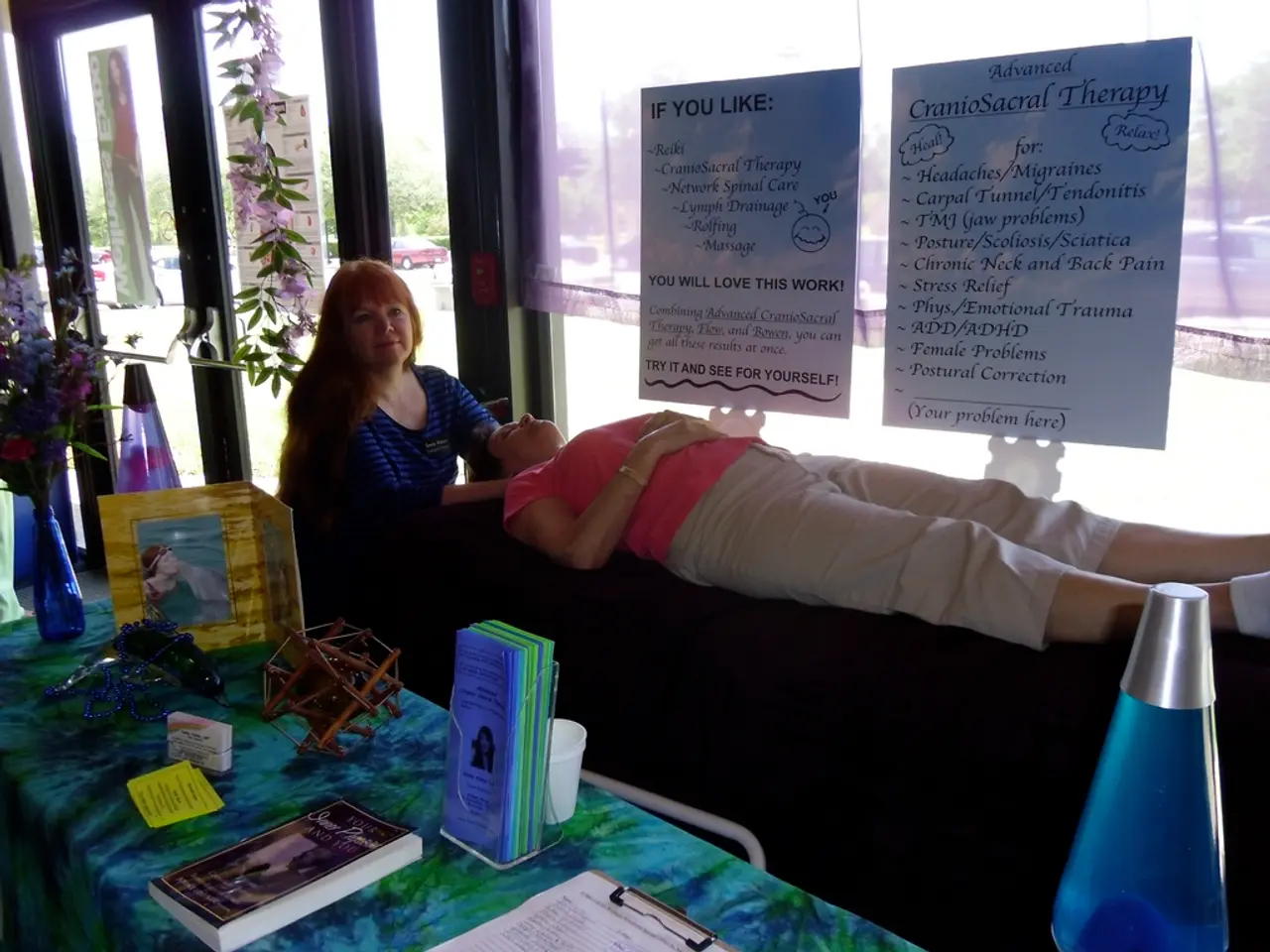Speaking Out on a Crucial Issue: The Significance of Mental Health Recognition
Mental health is a topic that varies greatly in its acceptance and understanding across different cultures. While some communities openly discuss mental health struggles, others cloak the subject in stigma.
Individuals have taken to social media to share their personal experiences with mental health, encouraging others to voice their own struggles and fostering a sense of connection. This open dialogue has been instrumental in diminishing feelings of isolation and promoting empathy.
Mental health awareness events, such as walks and online forums, bring together individuals from various backgrounds to promote mental wellness. These gatherings serve as safe spaces for learning, connecting, and discussing mental health in an open and supportive environment.
Workshops and community outreach programs are essential components of mental health support. They offer a platform for individuals to learn about mental health, share their experiences, and advocate for change. By learning from each other, we can approach mental health support more comprehensively.
Sharing personal stories about mental health on social media can provide a sense of connection and reduce feelings of isolation. These stories can also help normalize discussions about mental health, breaking down the stigma that surrounds it.
Online resources offer anonymous support and valuable information on mental health. These resources are particularly important for those who may feel uncomfortable seeking help in person or who live in areas with limited access to mental health services.
Cultural differences in attitudes towards mental health are shaped by values, traditions, and social expectations. For instance, Asian American communities often experience significant stigma due to Confucian values, where mental illness is wrongly seen as a loss of ability to care for family and community. The pressure to appear successful and the "model minority" stereotype discourage admitting vulnerability or seeking treatment.
Hispanic/Latino cultures heavily emphasize family and religion, often interpreting mental health struggles within spiritual frameworks. Seeking mental health care outside the family or religious context may be viewed as a lack of faith or weakness.
Minority populations broadly face compounded stigma due to cultural shame and historical mistrust of healthcare systems. Culturally competent care that respects deeper values and removes biases is key to building trust and improving outcomes.
Social media plays a dual role in mental health advocacy. It can increase awareness and reduce stigma by providing platforms for sharing personal stories, education, and peer support across cultural boundaries. It can also empower grassroots and community-led campaigns that resonate with specific cultural experiences, helping tailor mental health messages.
However, social media can also amplify misinformation, create unrealistic social comparisons, and occasionally reinforce stigma or cultural stereotypes if not carefully managed. Integrating cultural competence into social media advocacy helps ensure messages are respectful and relevant, promoting more effective global mental health initiatives.
In conclusion, cultural perceptions deeply shape mental health stigma and help-seeking behaviors across communities. Social media serves as a powerful but complex tool influencing mental health advocacy by fostering awareness and connection but requiring culturally sensitive approaches.
To cultivate a healthier society, it's essential to prioritize mental health and challenge societal norms. By engaging with communities, both online and in-person, we can foster an atmosphere of openness and connection regarding mental health. Social media, particularly during the pandemic, has become a powerful platform for mental health advocacy.
- Mental health stories shared on social media help reduce feelings of isolation, break down stigma, and promote a sense of connection, especially for those who live in communities where mental health discussions are cloaked in stigma.
- Online resources, including anonymous mental health support platforms, provide valuable information and anonymity to individuals who may find it difficult to seek help in person or live in areas with limited access to mental health services, such as Asian American communities where Confucian values and the pressure to appear successful can stigmatize mental health struggles.
- Mental health events, like walks and online forums, provide safe spaces for individuals from various backgrounds, including Hispanic/Latino communities, where mental health struggles may be interpreted within spiritual frameworks and seeking help outside family or religious contexts may be viewed as a lack of faith or weakness, to come together and discuss mental health in an open and supportive environment.
- By prioritizing mental health, engaging with communities both online and in-person, and ensuring mental health messages are culturally competent, we can challenge societal norms, promote mental wellness, and reduce stigma, fostering a healthier society, especially during the pandemic when social media has become a powerful platform for mental health advocacy.




